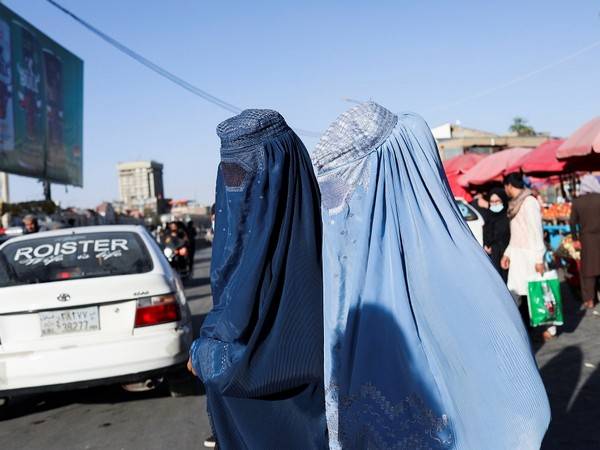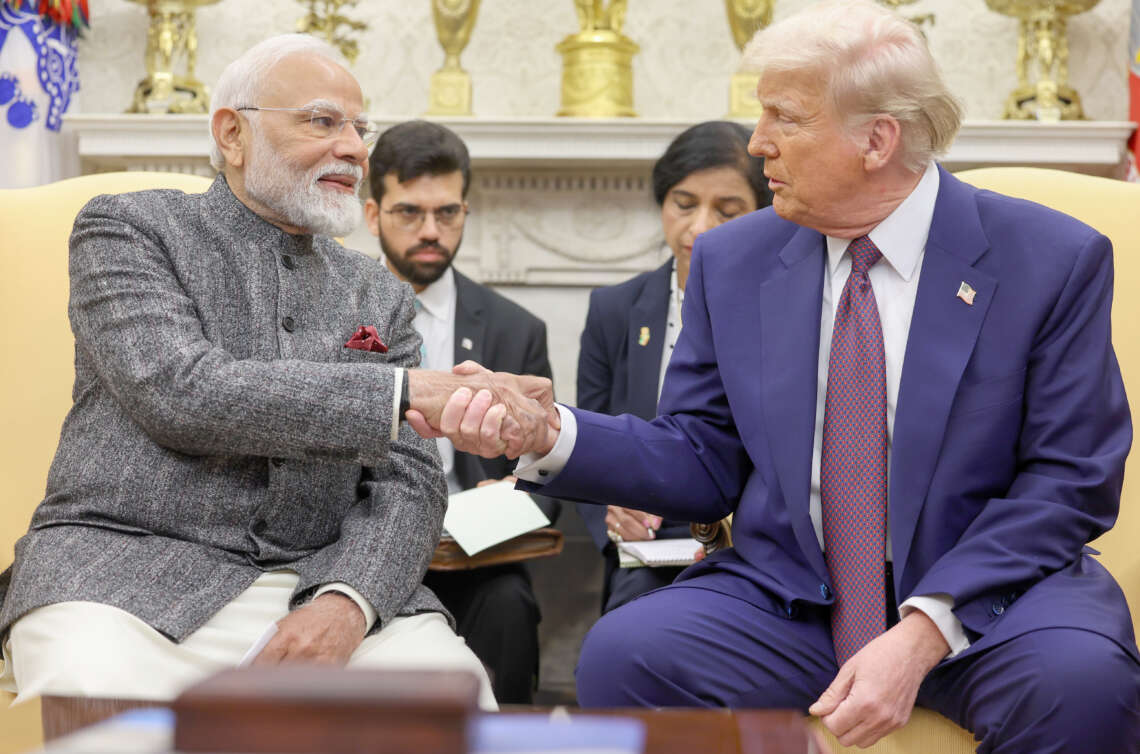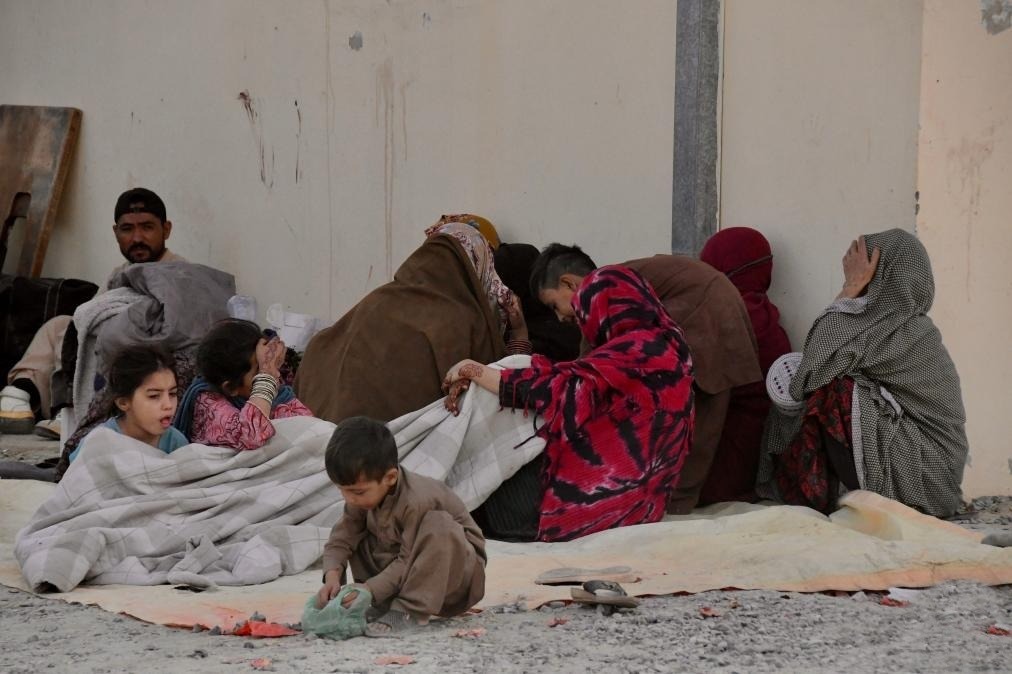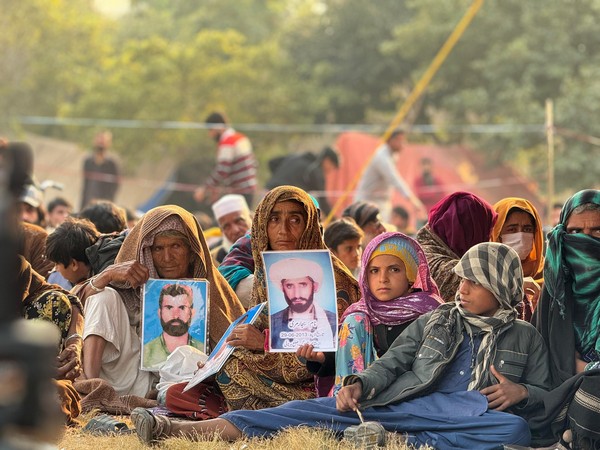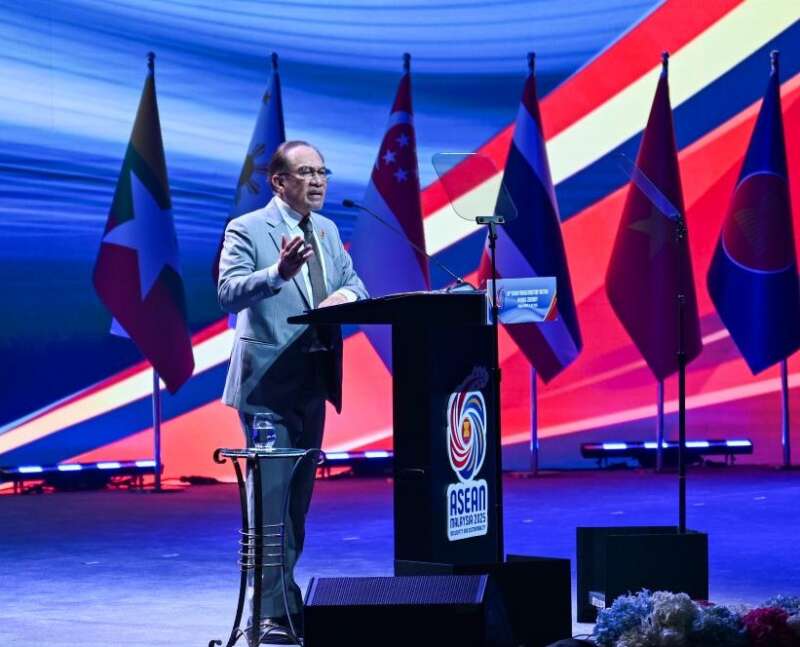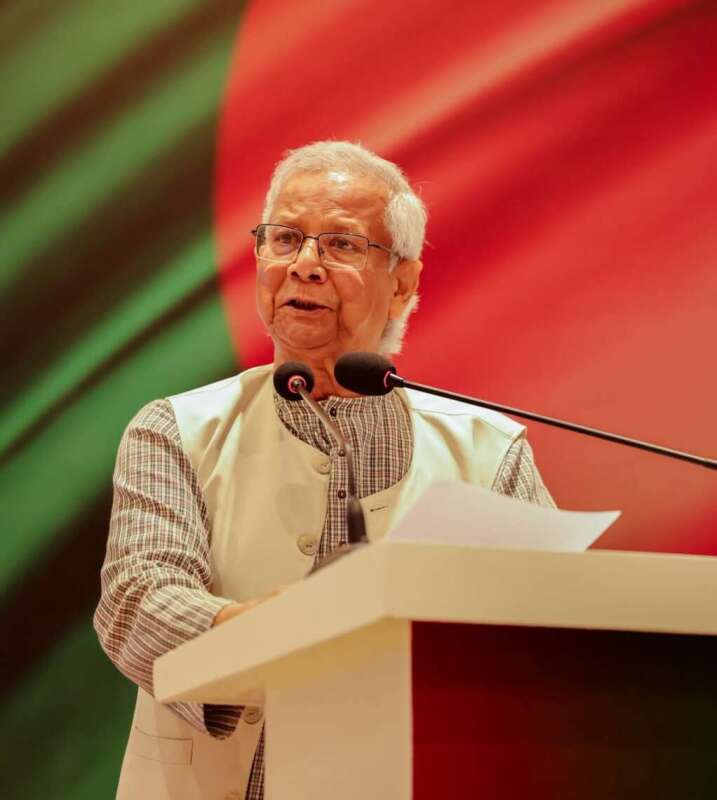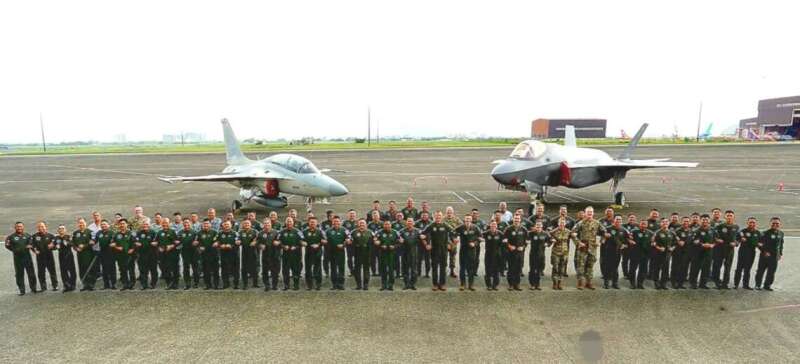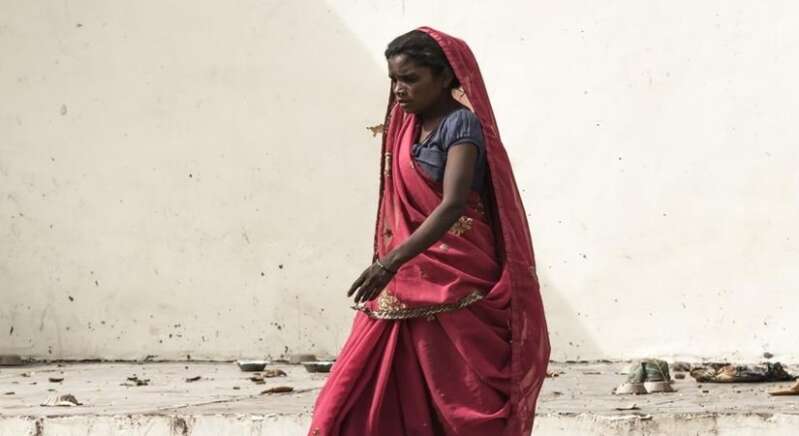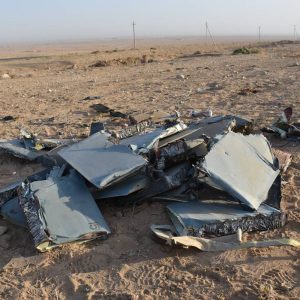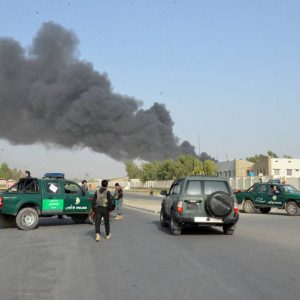Members of the UN Security Council are calling for “meaningful” participation of women in all decision-making processes….reports Asian Lite News
Several members of the United Nations Security Council members have expressed concerns about human rights violations and women’s rights in Afghanistan, stating that women, including female journalists and human rights activists, are facing violence in public places, Khaama Press reported on Friday.
Members of the UN Security Council are calling for “meaningful” participation of women in all decision-making processes.
Previously, members of the UNSC expressed concerns about human rights violations and fundamental freedoms of women and girls in Afghanistan through a joint statement, emphasizing that these actions are contrary to the expectations of the global community.
The presence of women in decision-making processes, public forums, and media was considered one of the achievements of the past two decades until the interim government took power, causing an unprecedented setback. The media sphere was not spared either, and the presence of women in this field was severely affected, Khaama Press reported.
Medina Akbari, a female journalist, said that female journalists can hardly work in Afghanistan, which has caused psychological harm to them.
She said that she had worked in various sections of the media for four years, and now the media and journalists are facing publication restrictions.
Medina adds that limitations have been imposed in the media sector, making it difficult for us to participate in conferences easily, and accurate information is still not readily available.
According to the female journalist, she used to be able to participate in all programs before, but after the restrictions, she cannot participate in programs and conferences.
This comes as media support organizations in the country had previously reported that 54 per cent of violence and threats against journalists, including 26 cases of physical violence, 115 threats, and 70 detentions, had been recorded, Khaama Press reported.
Statistics show that alongside detentions, lack of access to information, economic difficulties, and violence in the country, female journalists currently make up only 5 per cent of the media.
Notably, the Taliban regime in Afghanistan has received strong criticism from across the world for the “gender apartheid” in the country.
Afghanistan’s women have faced numerous challenges since the Taliban returned to power in 2021. Girls and women in the war-torn country have no access to education, employment and public spaces.
Since the Taliban took over, in the last two years, they have issued over fifty decrees targetting women, highlighted by human rights organizations.
According to Khaama Press, these decrees have highly impacted marginalized women from Afghan society as they enforced such stringent policies.
A startling 80 per cent of Afghan girls and young women, who are of school-going age, are currently denied access to education under the Taliban regime in Afghanistan, a new report by Care International stated, according to Khaama Press.
It has been more than two years since girls above grade six have been prohibited from attending schools in Afghanistan, and it is unclear when those doors will reopen, Tolo News reported.
Afghanistan remains the only country to ban girls’ and women’s education, resulting in a substantial economic toll of approximately USD 5.4 billion. (ANI)


